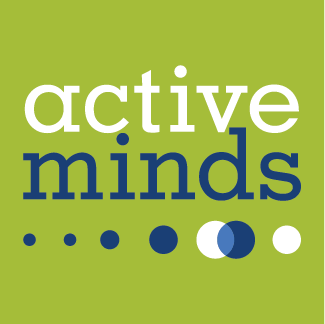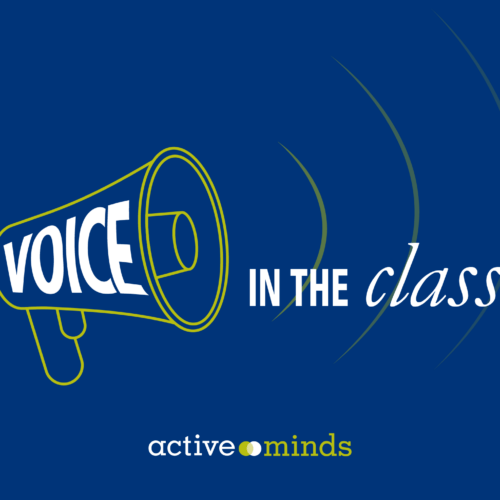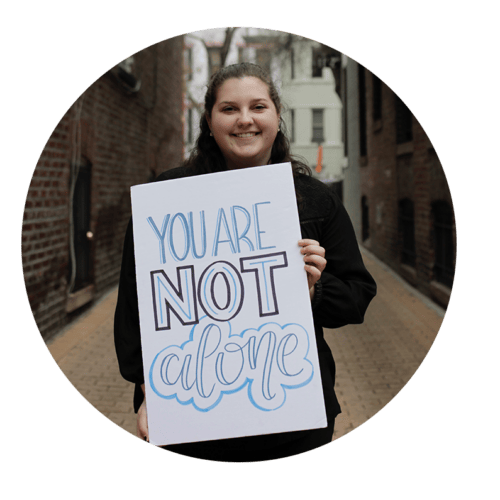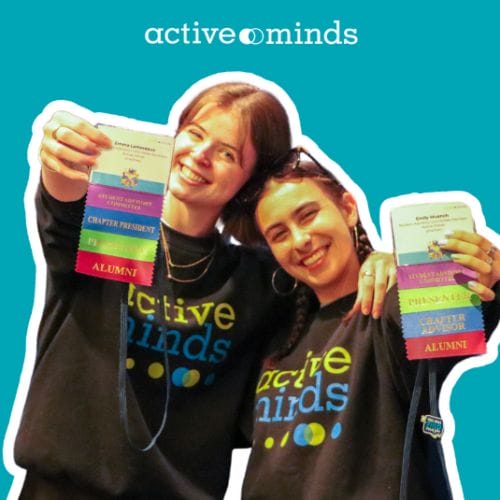In the first semester of my freshman year, I was hospitalized due to mental health concerns. Living with a mental illness and managing my mental health was nothing new for me. I was diagnosed a few years before coming to college, but with the transition to a new school and new area, I was not fully aware of the resources available. I know many students are in similar situations across the country and world.
Around the time I was hospitalized, although I felt like I was managing well in the circumstances I was in, I knew there were still some areas that I needed help improving in and working through. So, I did what I knew best and continued to attend my counseling sessions with a therapist on campus. In my situation, I feel as though better knowledge of the mental health resources available on campus, outside of general counseling sessions, would have helped prevent the escalation of being institutionalized.
Personally, I had a very negative experience while in the hospital, which only took a larger toll on my mental health. Upon being released, I sparked up multiple conversations with my peers about what I had gone through, only to find out that many others had gone through similar situations. Because of these experiences, this fueled a desire in me to shift my focus during my college career to mental health advocacy.
In times of crisis, many people will ask the question, “What can I do to help?”. In the United States, the outbreak of COVID-19, along with the current racial climate, has created a significant impact on the mental health of people all across the nation and from all walks of life. As students return to school, whether in-person or virtually, many educators are focused on how they can help students make this unique transition go as smoothly as possible both now and for years to come as we navigate through our new normal.
Mental health awareness is vitally important in improving the emotional intelligence of our current and future generations. Having emotional intelligence not only improves our ability to recognize and manage our own emotions, but it also helps us to understand and empathize with others as well. So, when educators ask the question “What can I do to help?” my response is to raise awareness of the importance of taking care of your mental health. I believe there are two very simple, but impactful ways to do this: share mental health resources with your classes and promote and encourage self-care throughout the year.
In the coming years, I predict that we will see an increased need for mental health resources on school campuses. Many school campuses currently do not have the funds or resources necessary to keep up with the current demand. Or, in the rare instance they do, these funds and resources are underutilized due to a lack of knowledge of their presence.
In August 2019, a little less than a year after being hospitalized for my own mental health, I founded Active Minds at Northwest Missouri State University to raise awareness about mental health on our campus. Since doing so, I have been introduced to many different mental health programs and resources our Wellness Services has available for students, yet many of these services have been underutilized.
Underutilization of resources misrepresents the accurate need for these resources on campus. Now, more than ever, having multiple mental health resources is essential to the success of students of all ages, but if the resources available are not well known and consistently accessed, we tend to see a common theme of fund reallocation to other departments. In turn, the lack of funding results in a loss of resources.
However, when students are made aware of the resources available, we then see an increase in demand for those resources. When there is an increased demand in mental health resources, this makes it a lot easier for students, teachers, and parents to demand schools to reallocate those funds back into the budget to bring these services to campus. Schools have a responsibility to accommodate the needs of students, so we must hold them accountable.
With all that being said, I am calling to action all schools to be more intentional in spreading awareness about the mental health resources they have available. I mentioned earlier that I believe there are two simple ways to do this: share mental health resources with your classes and promote and encourage self-care throughout the year. Most classes have a syllabus that includes important policy information and emergency resources but rarely do we see mental health resources and information included in these areas. This should not only be included but addressed every year, in every classroom.
A common phrase that is heard on campuses is that we are students first, but I would argue that we are humans first, students second. Taking care of mental health is vital to the success of not just students, but educators as well. So, it is my hope that teachers and professors will start putting mental health at the forefront for students, as they should with themselves, to create emotionally healthier campuses all across our nation.
Active Minds is calling on our national student network and advocates to partner with their campus multicultural affairs offices and student organizations to rally around BIPOC students’ mental health and well-being. You can join the movement by visiting our resource hub to pick at least one action item to accomplish on your campus.







